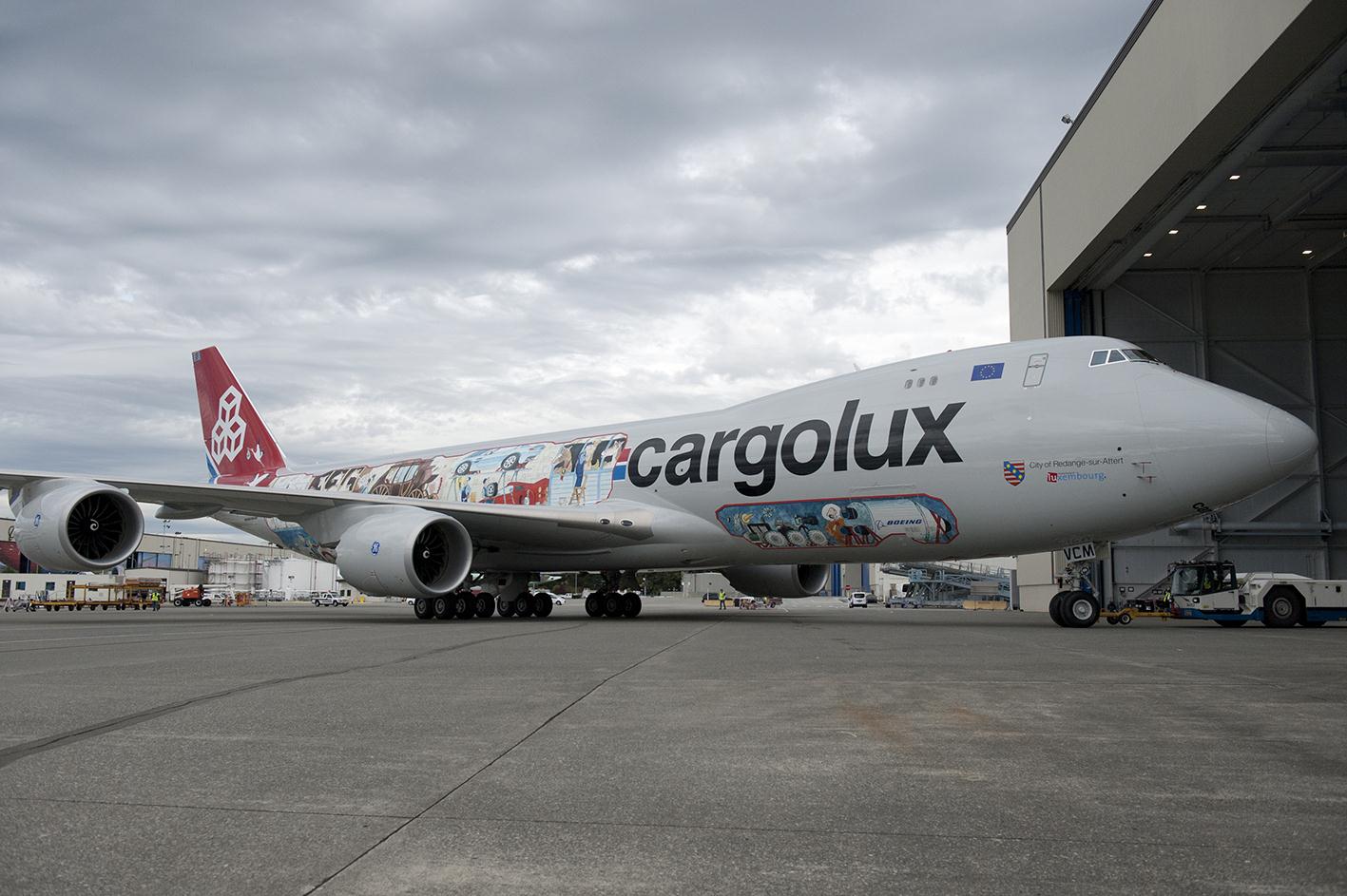Cargolux has joined the United for Wildlife International Taskforce on the Transportation of Illegal Wildlife Products.
According to Cargolux, the move reflects its engagement towards ethical and sustainable business as well as its commitment to animal welfare.
Cargolux also becomes a signatory to the taskforce’s Buckingham Palace Declaration, which sets out commitments that aim to help the private sector in the fight against illegal wildlife trafficking, such as adopting a zero-tolerance policy, increasing awareness, developing information-sharing systems and enhancing cooperation with customs and law enforcement authorities.

“We are proud to add this declaration to the number of steps that have been taken by Cargolux to fight the illegal trade of animals and animal parts,” said Richard Forson, president and CEO of Cargolux. “We are strongly committed to promoting and taking part in conservational and environmental efforts. As a key player, it is our job to set the standard for an ethical and sustainable industry.”
United for Wildlife is a project of The Royal Foundation of The Duke and Duchess of Cambridge and the Duke and Duchess of Sussex. It works to bring together conservation organizations, governments and global corporations to tackle illegal wildlife trade, which is valued between US$50-150 billion per year and is one of the five most lucrative organized crime networks worldwide.
“By forming partnerships such as the one we have with Cargolux, United for Wildlife is bringing new voices to the conservation discussion to identify and implement solutions,” said Robert Campbell, programme manager of the United for Wildlife Taskforce. “The Transport Taskforce brings together transport stakeholders, including key airlines, with law enforcement and other agencies to facilitate action led by the private sector.”
Cargolux has an expanding list of items that it refuses to carry on any of its network routes, as part of its live animal transportation policy to operate in full compliance with the International Air Transport Association’s Live Animal Regulations (LAR) and the Convention on International Trade in Endangered Species of Wild Fauna and Flora.